|
We couldn't afford a fox so we had to make do with Noodle who is not a fox. We are sorry for the inconvenience and your understandably frustrated expectations.
A Clever Word for the Season of Lent ἀλώπηξ (alōpēx) fox A Clever Verse for Context He said to them, "Go and tell that fox (alōpēx) for me, "Listen, I am casting out demons and performing cures today and tomorrow, and on the third day I finish my work. (Luke 13:32) Clever Reflections Spiritual There are foxes (alōpēx) in the world: connivers, manipulators, cunning individuals bent on their agenda above all others. Foxes are clever, we could even call them deinos. They answer questions with more questions, leaving us off balanced and vulnerable. In Herod, Jesus faces down a fox who is not only clever, but also powerful, possessing far more resources than a charismatic carpenter preacher from Nazareth. But Jesus will not let himself be foxed by such a fox as Herod. He will not play the game of manipulation and trickery. He does not change his story or question his motives. He responds to Herod’s foxiness with authenticity. Perhaps that is the only way to deal with the foxes in the world: authenticity, by being unabashedly the people who we are, who God created us to be. Literary The cunning fox (alōpēx) is a recurring figure in Aesop’s fables. In one famous fable (#15 in Perry’s edition of Aesop), a fox (alōpēx) tries to get a tantalizing bunch of grapes. When he fails, he concludes that they’re “probably sour anyway.” The moral attached to this fable is that “it’s easy to despise what you can’t have.” Clever Question for Further Reflection Have you ever encountered foxes in your life? What did that encounter feel like? How did it change you? What do you like best about yourself? When do you feel most yourself? A Clever Prayer to Close O Lord, you have searched me and known me! 2 You know when I sit down and when I rise up; you discern my thoughts from afar. 3 You search out my path and my lying down and are acquainted with all my ways. 4 Even before a word is on my tongue, behold, O Lord, you know it altogether. 5 You hem me in, behind and before, and lay your hand upon me. 6 Such knowledge is too wonderful for me; it is high; I cannot attain it. ~Psalm 139:1-6
0 Comments
A Clever Word for the Season of Lent
στέφανος (stephanos) crown A Clever Verse for Context Therefore, my brothers and sisters, whom I love and long for, my joy and crown (stephanos), stand firm in the Lord in this way, my beloved. (Philippians 4:1) Clever Reflections Spiritual Paul refers to the Philippians, as his joy and his crown (stephanos). All of his work, suffering, and sacrifice for the sake of the gospel is realized in them. They are his prize, the reward for his labors. Sometimes the best indication of our own success is not points, praise, or personal glory, but the way our actions change those around us. For Christians success is relational. Faith lived out in acts of service and words of encouragement builds up the community. What is the reward for a faithful life? Perhaps just and simply, the community in which that life is lived. Literary In Archaic Greece, a crown or garland (stephanos) was presented to the victor in an athletic contest. At Olympia, for examples, victors received crowns of wild olive, while victors at the Pythian Games (located at Delphi) received crowns of laurel. In a victory song for a wrestler named Epharmostus, the Greek poet Pindar praises Olympia as the source of the “most choice crowns” (stephanos) (see further Pindar, Olympian 9). Clever Questions for Further Reflection What are the things you work hard at? How do you measure your success? When has your impact on someone else been rewarding and encouraging? A Clever Prayer to Close A Blessing Called Sanctuary You hardly knew how hungry you were to be gathered in, to receive the welcome that invited you to enter entirely-- nothing of you found foreign or strange, nothing of your life that you were asked to leave behind or to carry in silence or in shame. Tentative steps became settling in, leaning into the blessing that enfolded you, taking your place in the circle that stunned you with its unimagined grace. You began to breathe again, to move without fear, to speak with abandon the words you carried in your bones, that echoed in your being. You learned to sing. But the deal with this blessing is that it will not leave you alone, will not let you linger in safety, in stasis. The time will come when this blessing will ask you to leave, not because it has tired of you but because it desires for you to become the sanctuary that you have found-- to speak your word into the world, to tell what you have heard with your own ears, seen with your own eyes, known in your own heart: that you are beloved, precious child of God, beautiful to behold,* and you are welcome and more than welcome here. —Jan Richardson from Circle of Grace http://adventdoor.com/2015/12/14/advent-4-a-blessing-called-sanctuary/ A Clever Word for the Season of Lent
κλαίω (klaiō) to wail, lament A Clever Verse for Context For many live as enemies of the cross of Christ; I have often told you of them, and now I tell you even with tears (klaiō). (Philippians 3:18) Clever Reflections Spiritual We have this assumption that somehow disciples of Jesus get to put their feelings away. As if the love of Jesus just fills every corner of our hearts and suddenly we don’t need coffee in order to be decent human beings anymore. But feelings are persistent. Love, compassion, and hope are just as much a part of being human as frustration, rage, and jealousy. I have a hunch that the Apostle Paul was someone who had very big feelings and becoming a follower of Jesus did not make those feelings any less overwhelming. But here he is, proclaiming the gospel even as he cries (klaiō). What is Paul feeling? Frustration at the difficulty of his work? Despair that for all of his preaching and teaching so much is not as it should be? Fear at what is to come? Regardless, the magnitude of his feelings does not discredit his work. Jesus calls us to follow even and especially when we are mad, sad, crabby, and hopeless. Sometimes the most faithful disciples have the biggest feelings. Literary Different languages are not just different sets of vocabulary with the same underlying structure - they have distinct modes of expression. Modern English tends to favor the use of nouns and noun-phrases, whereas ancient Greek uses more verbs and verbal constructions. So, for example, the phrase “with tears” at Philippians 3:18 is communicated through a verbal construction in Greek: “and now I tell you this even as I am wailing (klaiō).” Near the beginning of Homer’s Odyssey, we find Penelope “weeping” or “wailing” (klaiō) for her “dear husband Odysseus,” who has been gone for twenty years (see Odyssey 1.383). Clever Questions for Further Reflection What are your big feelings? How do they contribute to your ministry and how do they get in the way? When have you had to work while crying? A Clever Prayer to Close Here my cry oh God. Listen to my prayer. Listen to my song. Singing praises all day long. ~Ray Makeever Sunday dinosaur:
Deinonychus: [Dinosaur with a] “terrible claw” Δεινός - fearsome, terrible, awesome Ὄνυξ - claw, talon The Liturigsaur enjoyed trading clever words and clever claws with his new Deinoychus friend. A Clever Word for the Season of Lent
σῖτος (sitos) Bread, grain A Clever Verse for Context “Jesus answered him, "It is written, 'One does not live by bread (sitos) alone.'" (Luke 4:4) Clever Reflections Spiritual As human beings we are united in the fact that we need food to survive. Whether that food is bread or, for the more t-rex minded among us, steak and pork chops, the bottom line is the same. No one does all that well when they are hungry. But just as there is more to us than the food we eat, there is more to eating than just the consumption of food. Jesus will not be reduced to eating bread-rocks in the wilderness because a meal is not only the food eaten, but those with which it is shared. What is it to be human? To require food and to be sustained by others to eat that food with. That’s probably one of the reasons when we eat bread as Church we call it communion. Literary In Homer’s Odyssey, the hero Odysseus boasts that he is the best archer “among all the mortals who now live on the earth and eat bread (sitos)” (see Odyssey 7.222). Elsewhere in the same poem, Odysseus uses the phrase “men who eat bread” as way of saying “people like me, ordinary humans." Clever Questions for Further Reflection When has eating with others nourished not only your body, but your soul? For Jesus and Odysseus, eating bread is a key part of being human. What are your criteria for being human? A Clever Prayer to Close God bless to us our bread! And give food to those who are hungry, And hunger for justice to those who are fed. God bless to us our bread! ~John L. Bell A Clever Word for the Season of Lent
ἐρῆμος (erēmos) Desolate, lonely, empty; used substantively to mean “the wilderness” A Clever Verse for Context Jesus, full of the Holy Spirit, returned from the Jordan and was led by the Spirit in the wilderness (erēmos), where for forty days he was tempted by the devil. He ate nothing at all during those days, and when they were over, he was famished. (Luke 4:1-2) Clever Reflections Spiritual Wilderness (erēmos) is a potent concept throughout the Bible. After being delivered from slavery under the Egyptians, the Israelites flee into the wilderness and receive divine guidance. Prophets go to the wilderness both to escape persecution (1 Kings 19) and come out of the wilderness bringing revelations from God (1 Kings 19, Mark 1). The wilderness then is both a place of safety and formation. It is the place God’s people flee when they have nowhere else to go, and the place from which they emerge restored and transformed. As the Israelites spent 40 years in the wilderness and Jesus 40 days, we also spend 40 days in the spiritual wilderness that is Lent. This is a time when we withdraw from a world misoriented in regards to God. It is a time when we seek spiritual renewal and even, if we’re lucky, a vision of our own. Literary In Trojan Women (415 BCE), the Greek playwright Euripides describes the aftermath of the brutal war between the Trojans and the Achaeans. He frequently uses the word “desolate” (erēmos) to describe the post-war Trojan landscape, as at the opening of the play, when the god Poseidon observes that Troy’s “groves are desolate (erēmos), and the temples of the gods drip with blood and gore” (see Trojan Women, lines 15-16). Poseidon goes on to explain that the gods, too, tend to abandon cities that have been seized by such “evil desolation (erēmos)” (see Trojan Women, lines 25-27). Clever Reflections Wilderness can mean a place that is desolate, safe, revelatory, or all three at the same time. How would you describe the wilderness? The wilderness can be both an internal experience as well as an external place. When have you felt like you were in the wilderness? A Clever Prayer to Close 18 Do not remember the former things, or consider the things of old. 19 I am about to do a new thing; now it springs forth, do you not perceive it? I will make a way in the wilderness and rivers in the desert. 20 The wild animals will honor me, the jackals and the ostriches; for I give water in the wilderness, rivers in the desert, to give drink to my chosen people, 21 the people whom I formed for myself so that they might declare my praise. Isaiah 43:18-21 A Second Sunday Rest and a Second Sunday Dinosaur!
Sunday dinosaur: Deinonychus: [Dinosaur with a] “terrible claw” Δεινός - fearsome, terrible, awesome Ὄνυξ - claw, talon The Liturgisaur and his new Deinoychus friend had fun comparing and contrasting the cleverness of their claws. A Clever Word for the Season of Lent:
ἐπικαλέω (epikaleō) To call upon, summon; to invite (in the middle voice) A Clever Verse for Context “"Everyone who calls on (epikaleō) the name of the Lord shall be saved." (Romans 10:13) Clever Reflections Spiritual What happens when we call upon God? On some occasions the situation changes to our benefit and sometimes we are the ones who change. Salvation, you see, is as much about what is going on inside us as it is about whatever troubles us out in the world. To invite (epikaleō) God into our troubles is to see those troubles through God’s goodness and mercy. It is to let go of our own need for control, suspend our judgment, and allow God to go about the work of saving: us, them, everyone. Literary If you paid attention in English class, you may have heard of the active voice (the dinosaur eats me!) and the passive voice (I am being eaten by the dinosaur!). Ancient Greek also has a “middle” voice, which often adds special meanings to a word. In the “middle,” epikaleō can mean “to invite.” So, for example, the historian Herodotus (5th century BCE) tells a story about a Babylonian queen who had her tomb inscribed with words “inviting” (epikaleō) future rulers to take its treasures. But when a later king opens the tomb, he finds it empty, save for the queen’s body and an admonishment to be content with what you have (see Herodotus, Histories 1.187-188). Clever Questions for Further Reflection How have your prayers been answered? When have those answers surprised you? When have you invited God into your life? When have you been hesitant to call upon God? A Clever Prayer to Close Holy God, I invite you. Come, not as an avenger for my injured pride and frustrated ego. Come not as the anthropomorphization of my judgment on others. Come, as you always do, as love without conditions, as vulnerability, as peace that passes understanding. Holy God, I invite you. Come and save us all.  A Clever Word for the Season of Lent καρδία (kardia) Heart A Clever Verse for Context “because if you confess with your lips that Jesus is Lord and believe in your heart (kardia) that God raised him from the dead, you will be saved.” (Romans 10:9) Clever Reflections Spiritual Were not our hearts (kardia) kindled when he was speaking to us in the road and when he opened the scriptures for us? (Luke 24:32). When two disciples unknowingly encounter the risen Christ on Easter evening, their reaction is somatic. Whatever is going on in their minds about Jesus’ death on the cross and the sudden disappearance of his body from the tomb, the disciples’ bodies know what is going on. Their physical hearts (kardia) react. As Christians we often think of our bodies as temporary: machines which will wear out while our essence, soul, etc. wings its way to some paradise. And yet the resurrection of Christ and the physical reaction of his disciples remind us that our bodies are an essential part of God’s Kingdom. Literary The Greek poet Sappho (6th cent. BCE) describes desire as a vividly somatic affliction. In one poem, she describes the “lovely laughter” of her beloved as something that “makes her heart (kardia) flutter in her breast” (see Sappho 31, perhaps in Anne Carson’s translation, If Not Winter). Clever Questions for Further Reflection What does faith feel like to you? Think of a moment when you experienced something holy; how did your body react? A Clever Prayer to Close 35 But someone will ask, “How are the dead raised? With what kind of body do they come?” 36 Fool! What you sow does not come to life unless it dies. 37 And as for what you sow, you do not sow the body that is to be, but a bare seed, perhaps of wheat or of some other grain. 38 But God gives it a body as he has chosen, and to each kind of seed its own body. ~1 Corinthians 15:35-38 Holy One, we thank you for the good seeds you have created. Fingers, toes, ears, and noses, with all of these we live out our faith. Help us to see our bodies as precious and worthy of your love and redemption. Amen A Clever Word for the Season of Lent
καταφυγή (kataphuge) A place of refuge A Clever Verse for Context “You who live in the shelter of the Most High, who abide in the shadow of the Almighty, will say to the LORD, ‘My refuge (kataphuge) and my fortress; my God, in whom I trust.’” (Psalm 91:1-2, Greek as in the Septuagint) Clever Reflections Spiritual When it comes to false gods, aka idols, we humans have a tendency to worship safety. We want to be secure: physically and financially, and we want the same thing for our families. For the sake of safety we isolate ourselves as individuals and communities, distancing ourselves from our neighbors and our God. Jesus, on the other hand, lives a life fraught with danger: sailing through storms, touching humans known to have contagious diseases, and walking into a city where he knows many want to kill him. Being a disciple, a follower of Jesus, is pretty much the opposite of being safe. There is a reason we confess “God is our refuge (kataphuge)." It is not in strength, might, solid walls, or locked doors that we find safety, but in God’s faithfulness. Whatever me may face as disciples, God is faithful and will not abandon us, no matter what dangers overwhelm us. Literary The Greek historian Herodotus (5th cent. BCE) recounts a conversation between the Persian king Xerxes and his relative Artabanus, in which the latter declares that “death is the most welcome refuge (kataphuge) for humans, since life is so wretched” (see Herodotus’ Histories, 7.46). Clever Questions for Further Reflection What makes you feel safe or where do you feel safe? How do you carry that sense of safety with you into the world? When have you benefited from facing danger? A Clever Prayer to Close God is our refuge and strength, a very present[a] help in trouble. 2 Therefore we will not fear, though the earth should change, though the mountains shake in the heart of the sea; 3 though its waters roar and foam, though the mountains tremble with its tumult. Psalm 46:1-3 |
About the Blog
Journey through the season of Advent with daily updates on the adventures of St. Mark's Lutheran Church in Belliacre, MI as they attempt to cobble together a Christmas Pageant with an unlikely cast of characters. AuthorsAmelia Corbett Illustrator
Stephanie Dubbs
Stephanie is an art educator and a landscape/portrait artist. Her inspirations come from the amazing people she meets and the gorgeous state of Michigan as well as her home state of Florida. She and he husband love nature. They are out in the water during the summer months and on the snow in the winter enjoying the simple pleasures of life. Archives
December 2021
Categories |

A church of the
Evangelical Lutheran Church in America |
Like us on Facebook.
|
Christ the King Lutheran Church
600 S. M 18 Gladwin, Mi. 48624 989-426-1659 Pastor Emily Olsen [email protected] |
|
Email [email protected] for correction or to have information included on this web page
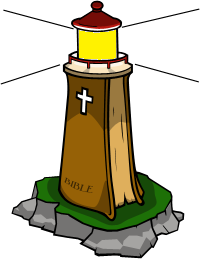
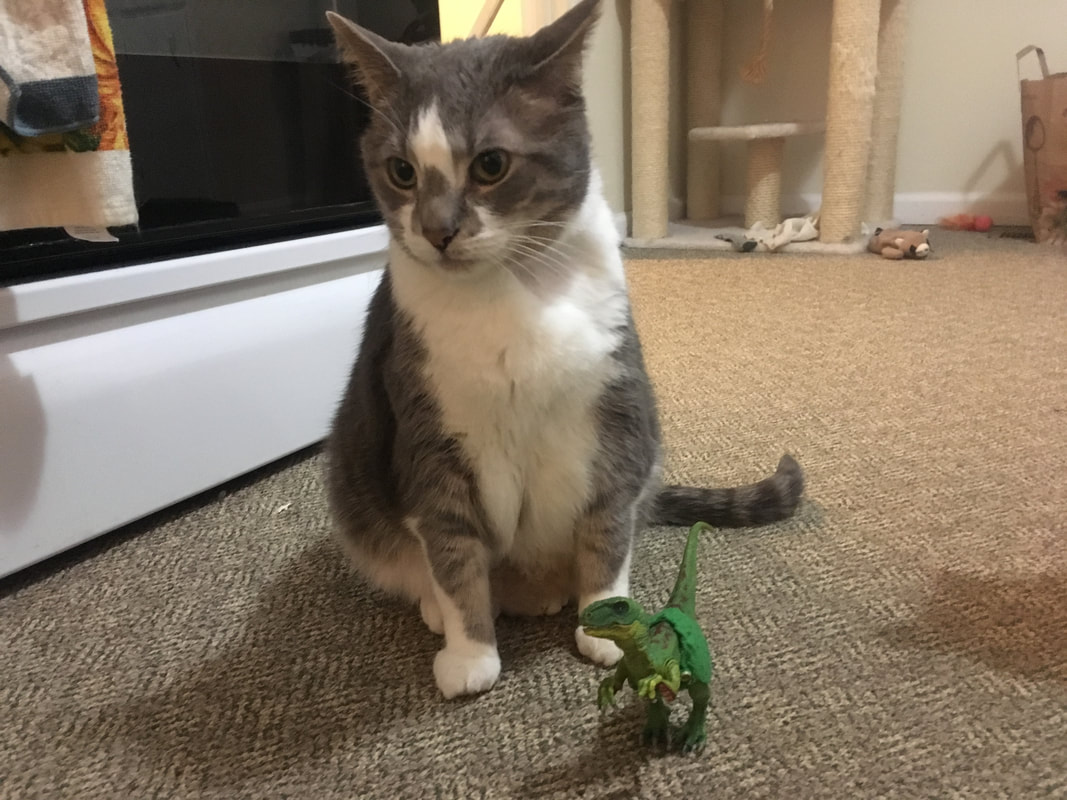
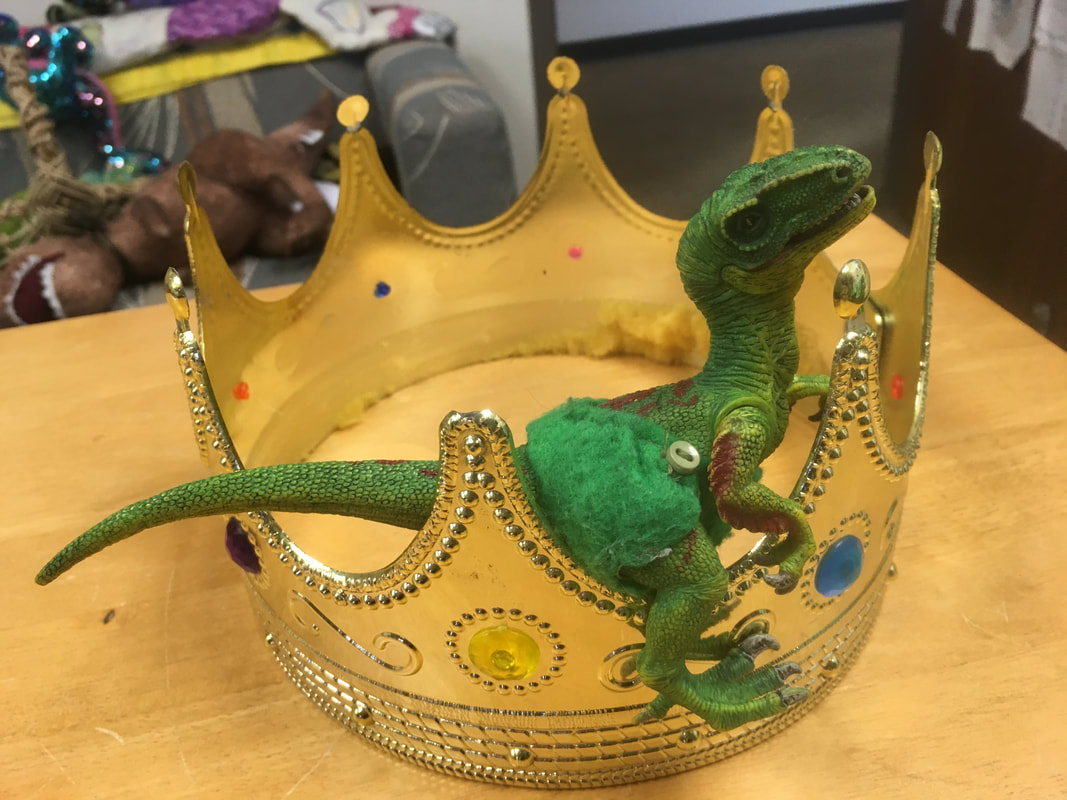
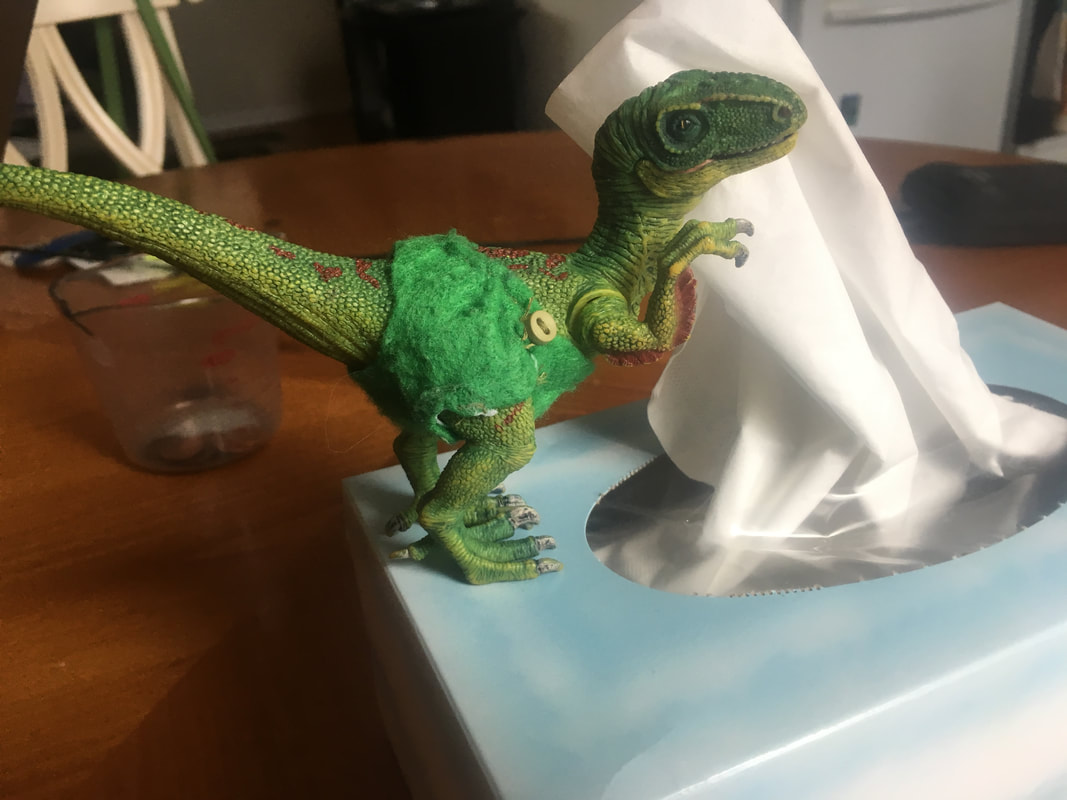
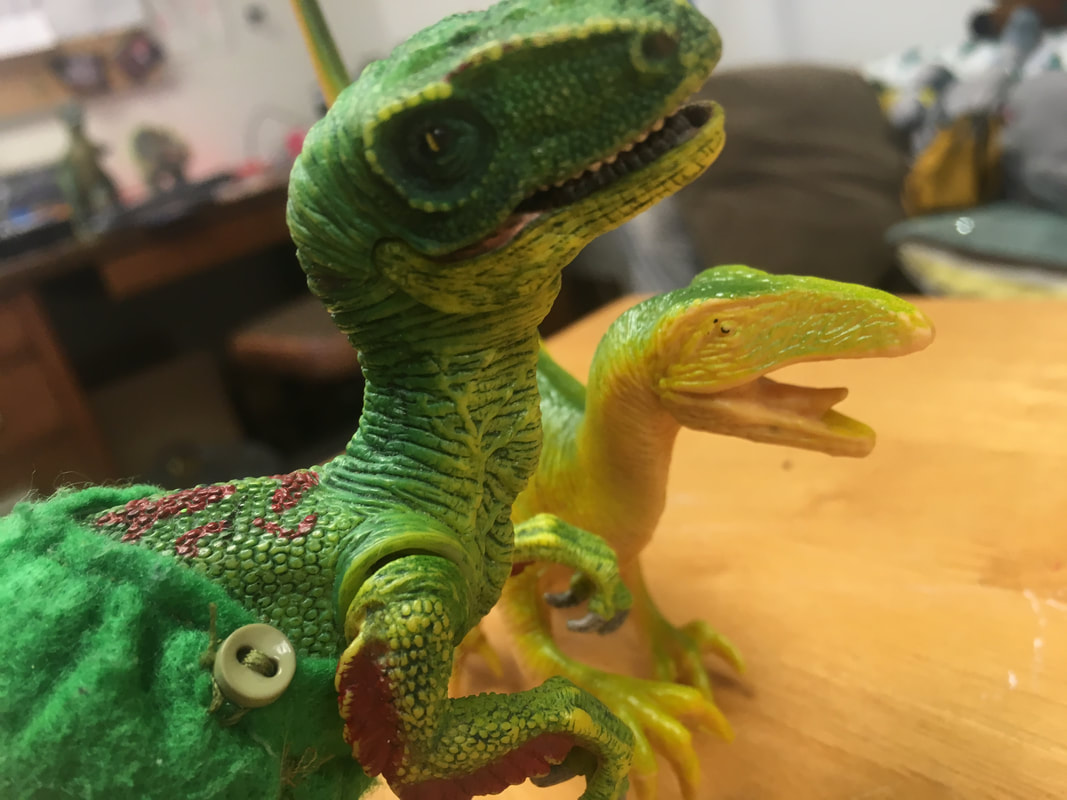
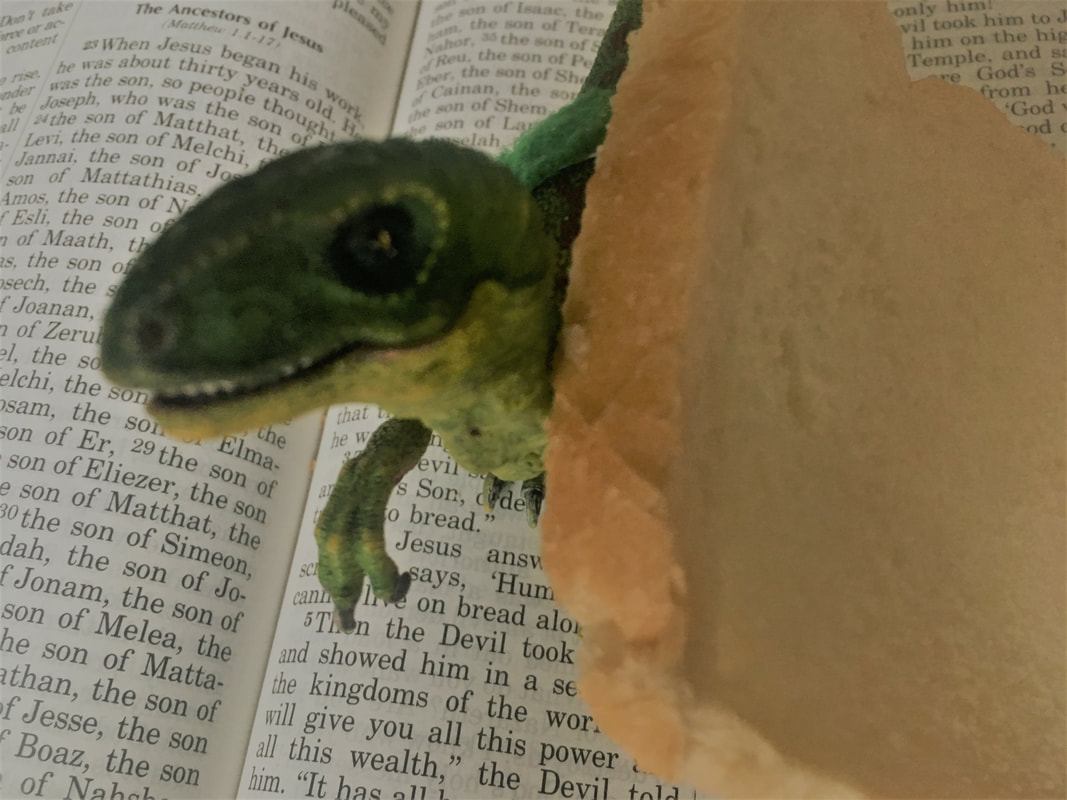

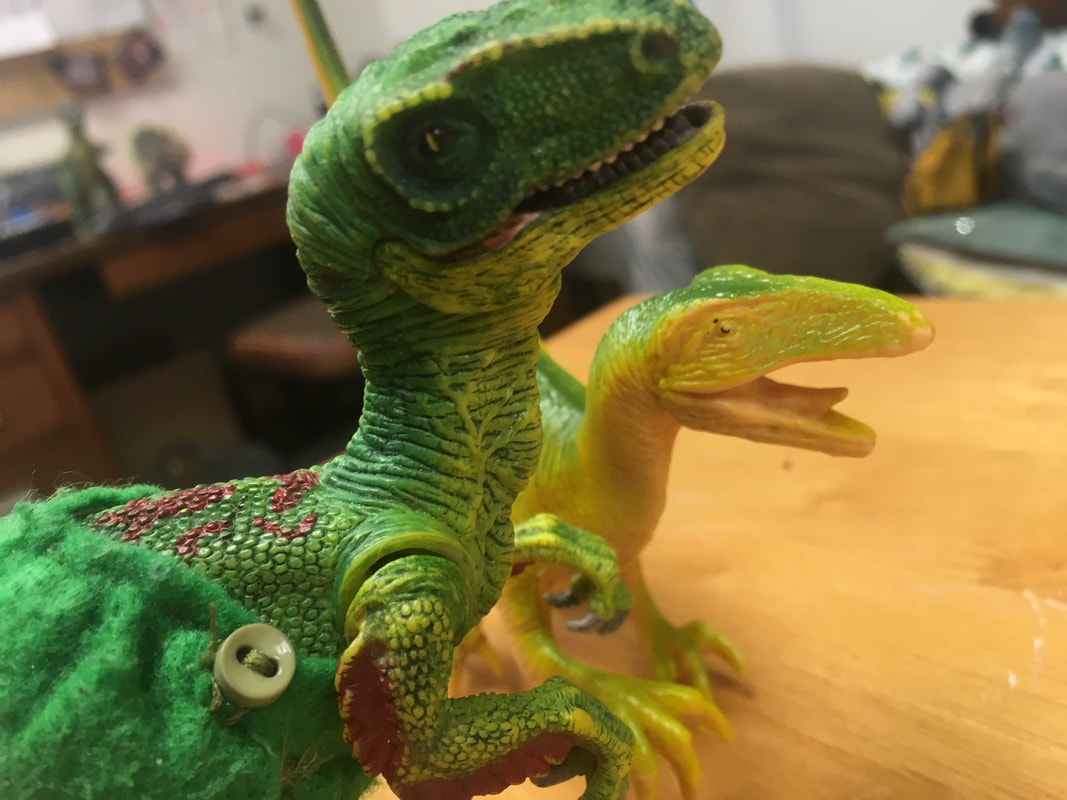

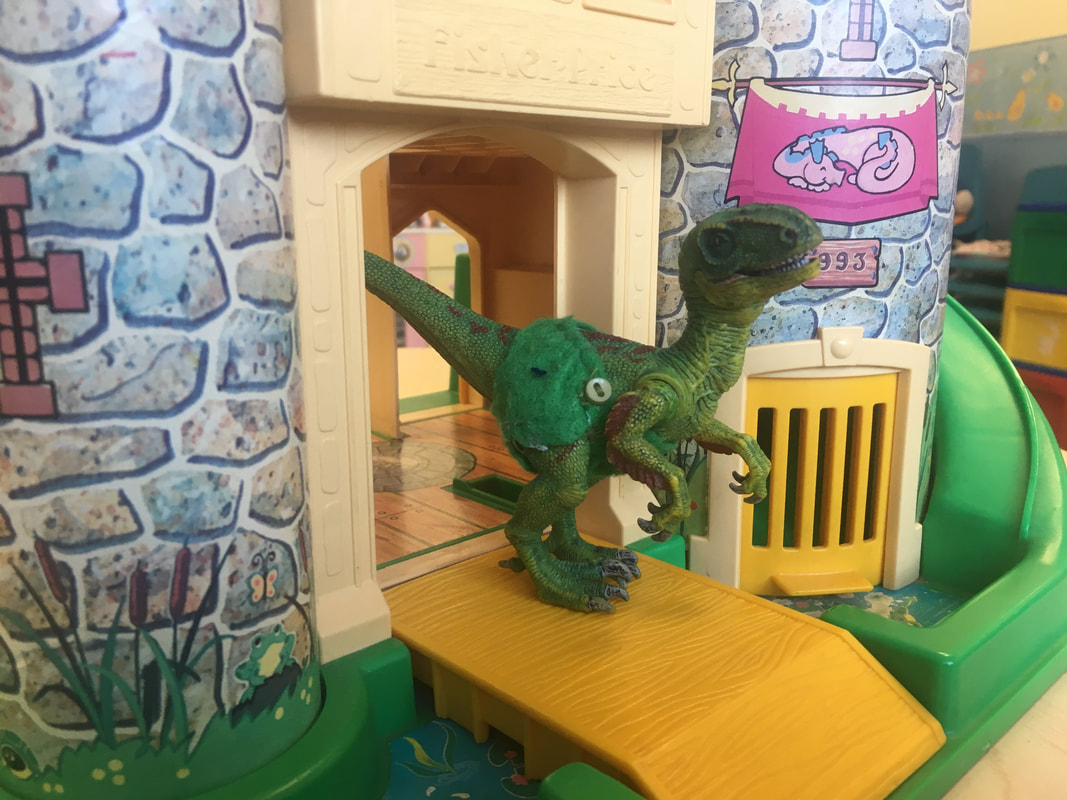
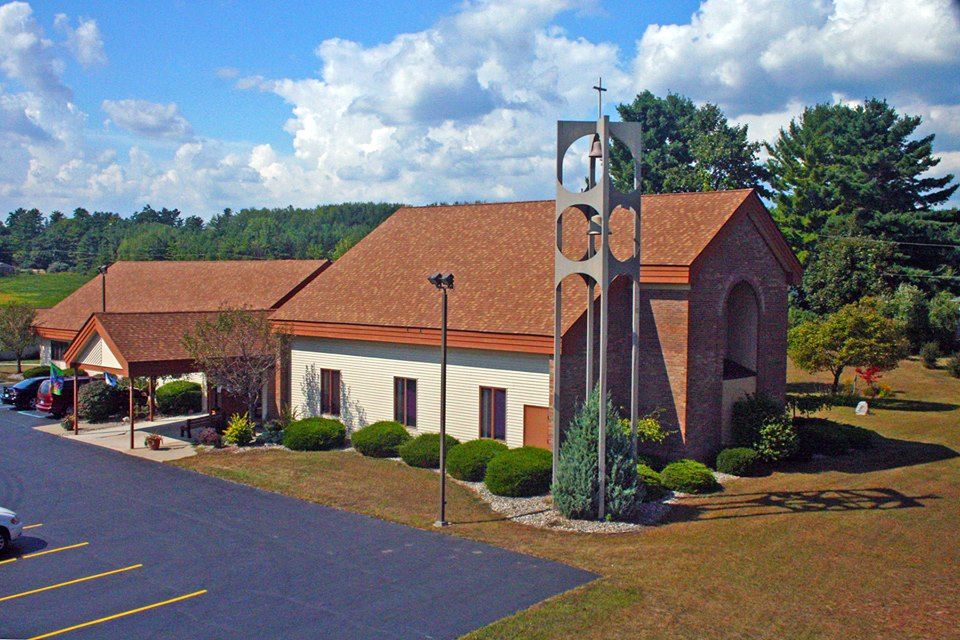
 RSS Feed
RSS Feed
